Albanese government will consider whether to establish local and regional voices as part of ‘next steps’
The Albanese government will consider pushing ahead with local and regional voices after the resounding defeat of the referendum on a national voice.
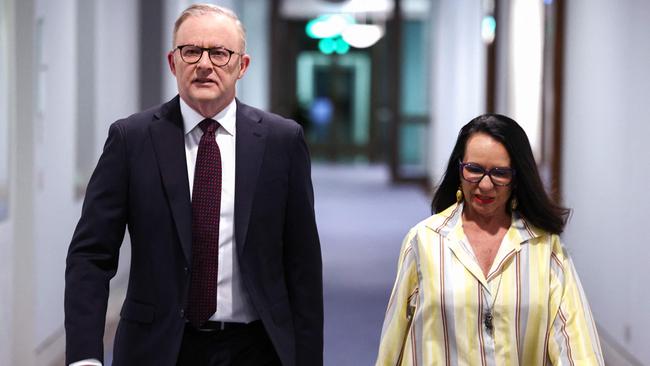
The Albanese government will consider pushing ahead with local and regional voices after the resounding defeat of the referendum on a national voice, as Indigenous leaders say the high Yes vote in remote communities means there is a clear mandate for the advisory bodies.
The government has made no decisions on what next steps to take to close the gap and tackle Indigenous disadvantage in the wake of the resounding No vote, but sources on Wednesday noted there was still money set aside for local and regional voices.
The May budget contained $20m “to progress regional voice arrangements to ensure that voices in remote and regional communities are heard”.
Asked whether the government was considering pursuing local and regional voices as it determines what to do next, a spokesman for Indigenous Australians Minister Linda Burney said: “We look forward to engaging with Indigenous organisations and leaders across the country in the coming months.
“We are going to take the time to listen, engage and seek advice from Aboriginal and Torres Strait Islander people.
“Our approach will be guided by our commitment to making a practical difference and to close the gap.”
Aboriginal and Torres Strait Islander Social Justice Commissioner June Oscar cited the clear Yes vote in remote Aboriginal communities in her evidence to Senate Estimates this week, saying: “It is an important piece of truth-telling that should inform the agenda moving forward. The nation has a clear mandate to establish regional and remote voices.”
Fellow voice proponent and Indigenous businessman Sean Gordon told The Australian: “Given the outcome of the voting in remote communities, my recommendation would be those communities are absolutely supported to start organising themselves and give them support to set up their own governance structures.”
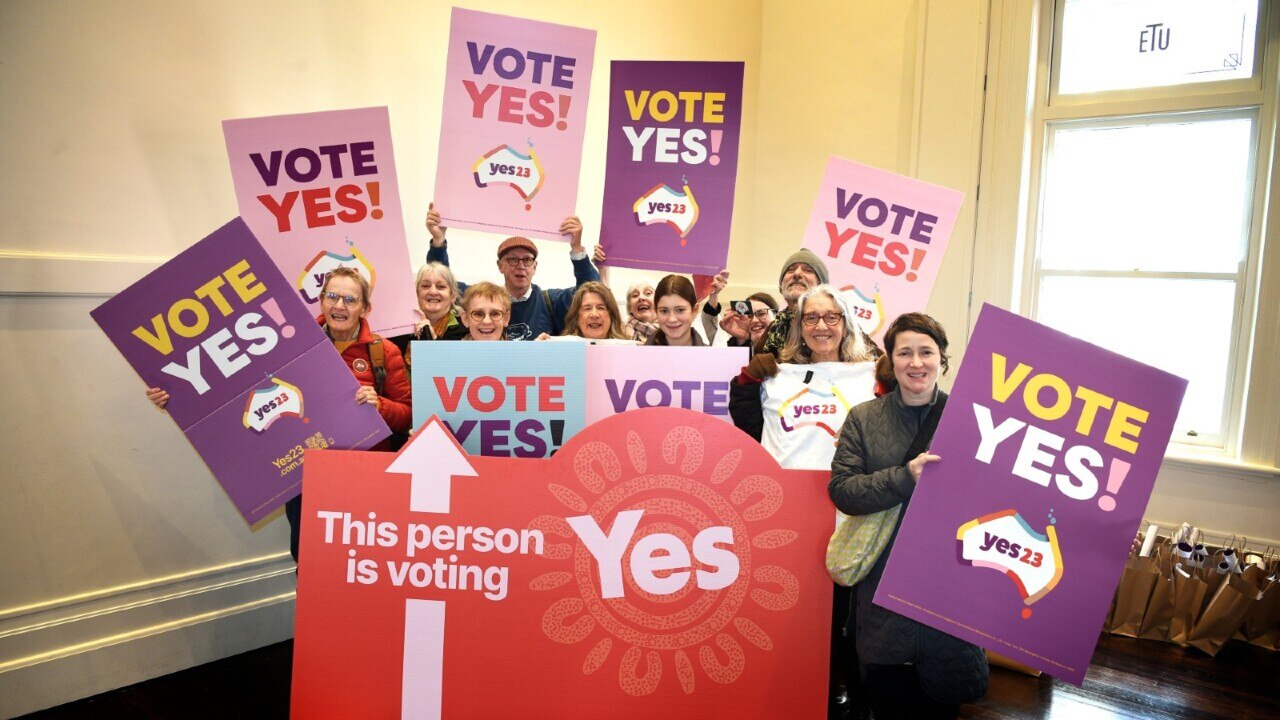
Results from mobile teams deployed across Northern Australia showed overwhelming support for the voice in remote Aboriginal communities, though in many cases nearby towns voted No.
While the referendum was about a national advisory body, it was always intended that local and regional voices would underpin it. This was described in detail in the voice report overseen by Indigenous professors Marcia Langton and Tom Calma in 2021.
The report proposed members – chosen by their Indigenous peers – would sit at a “partnership table” with representatives from all levels of government. The partnership table could talk to parliament and parliament could talk to the partnership table. No advice from the local and regional voices would be binding.
The Coalition committed to local and regional voices before the last election.
Peter Dutton has also vowed to legislate local and regional voices while pursuing constitutional recognition, but since October 14 has walked away from his promise of a second referendum.
Anthony Albanese ruled out legislating a national Indigenous voice to parliament if the referendum was defeated.
Indigenous leaders who backed the referendum took a week of silence following the 61-39 per cent No win but have begun outlining their proposals to pursue justice for Aboriginal and Torres Strait Islander people.
An open letter on Sunday canvassed a voice independent of the Constitution or legislation.
Mr Gordon, a member of the government’s referendum working group, on Wednesday called for the expansion of the Empowered Communities model that runs across 10 regions to become the independent, non-legislated Indigenous voice.
Ms Burney didn’t respond to questions on whether the government would support bolstering Empowered Communities, which has received bipartisan support over the years.
The Coalition isn’t considering an expansion of Empowered Communities as it looks at what Indigenous policies to take to the next election but Liberal frontbencher Kerrynne Liddle suggested it should be reviewed.
“By hearing from the voices of the individuals and communities that services are funded to support we can make real change that will impact the lives of marginalised Indigenous people,” Senator Liddle said.

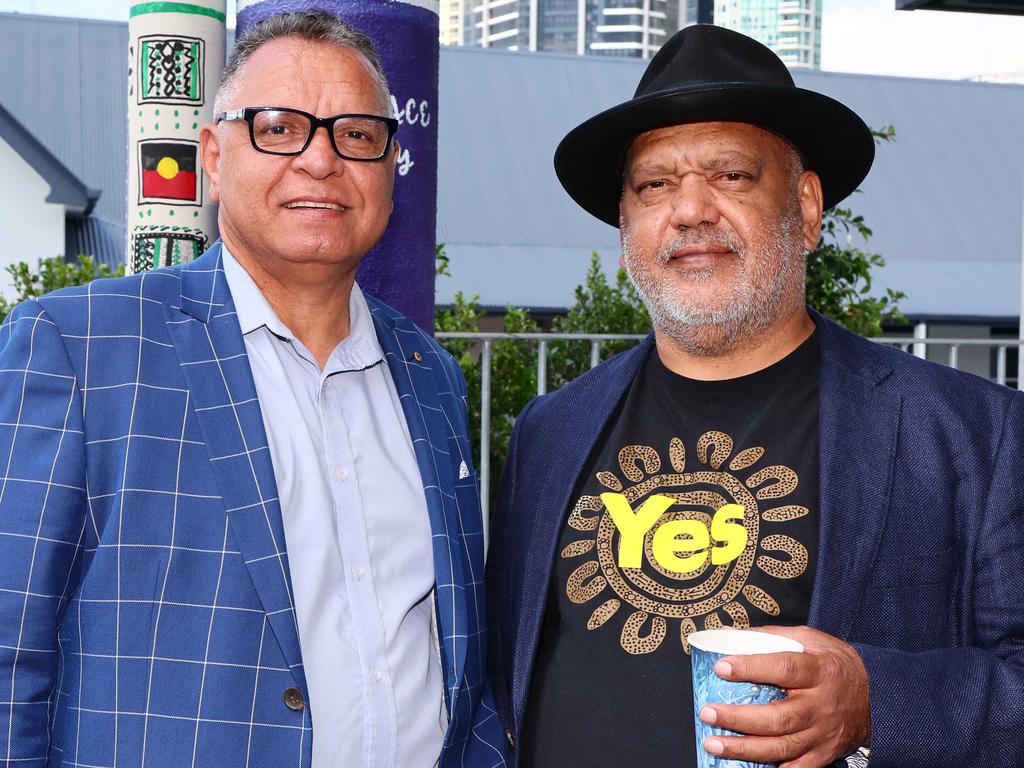

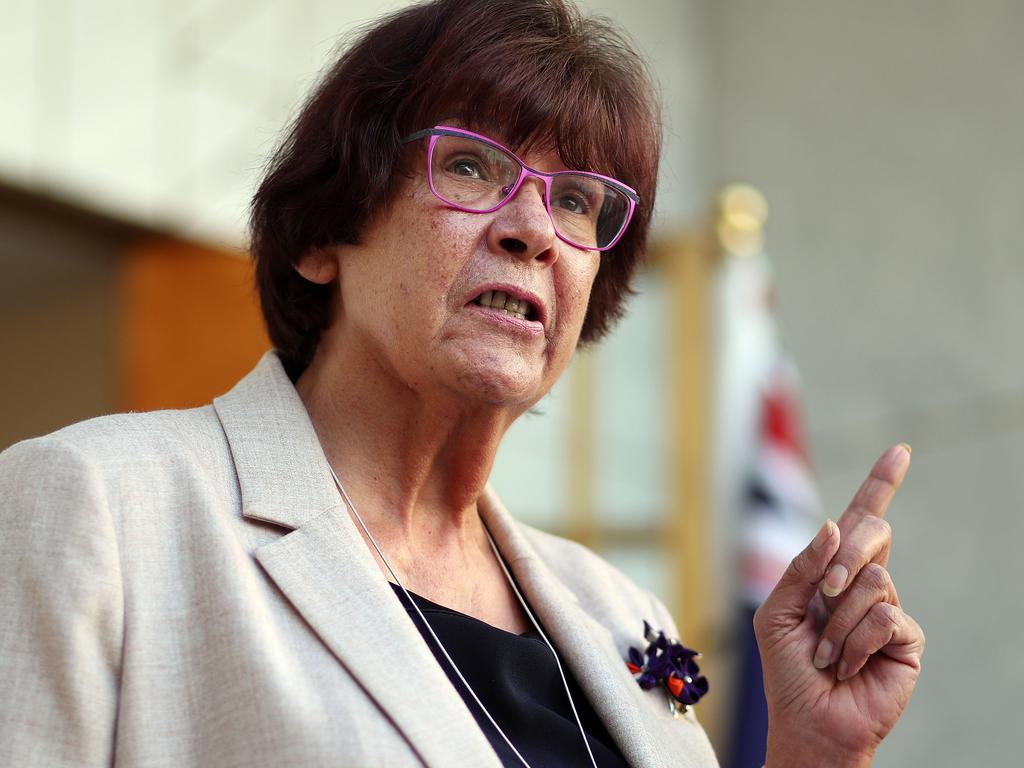
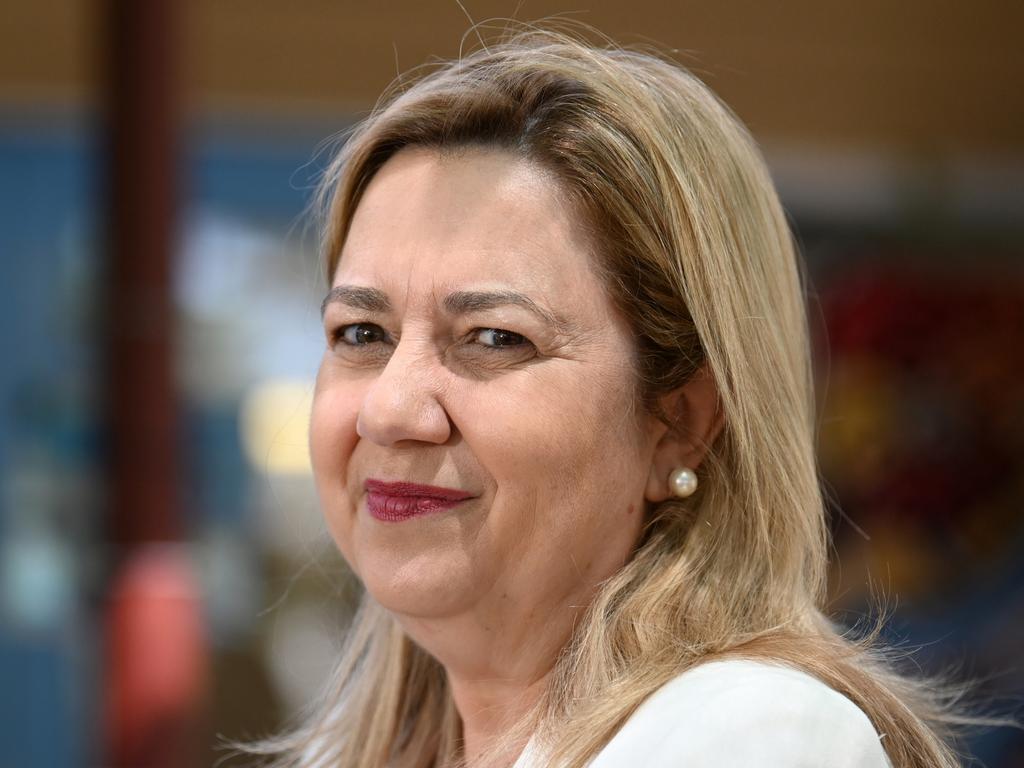
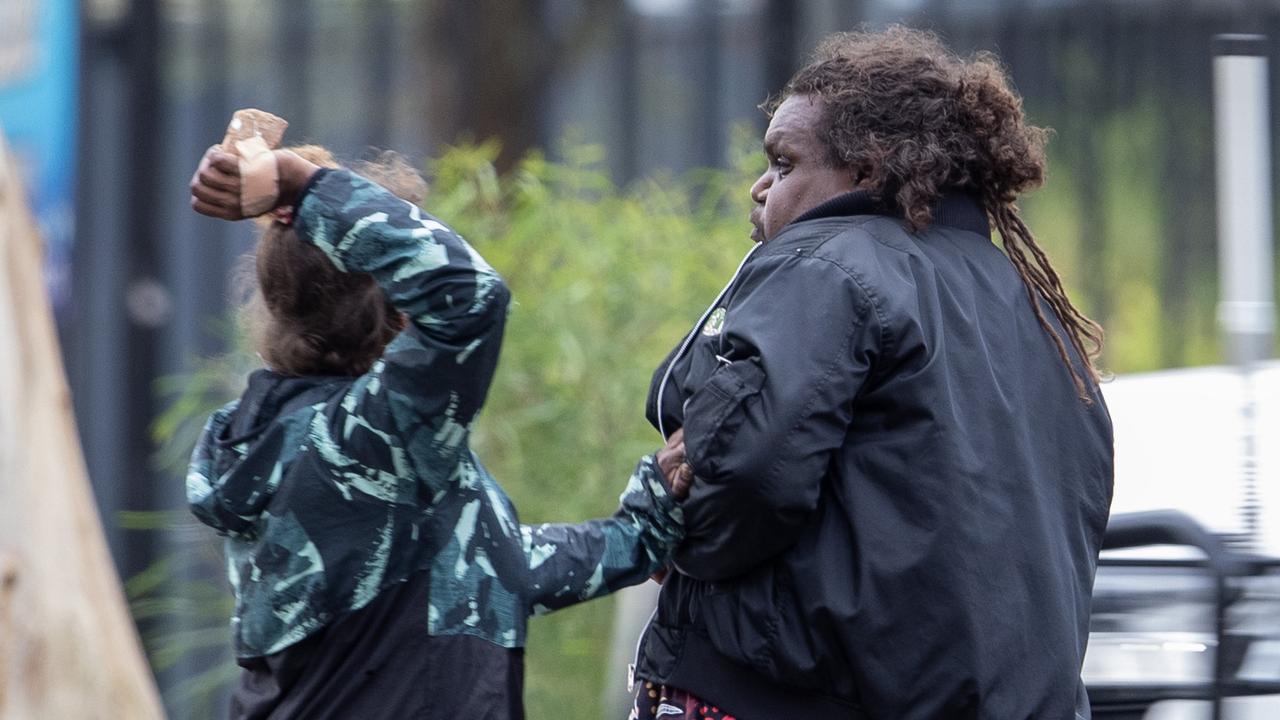
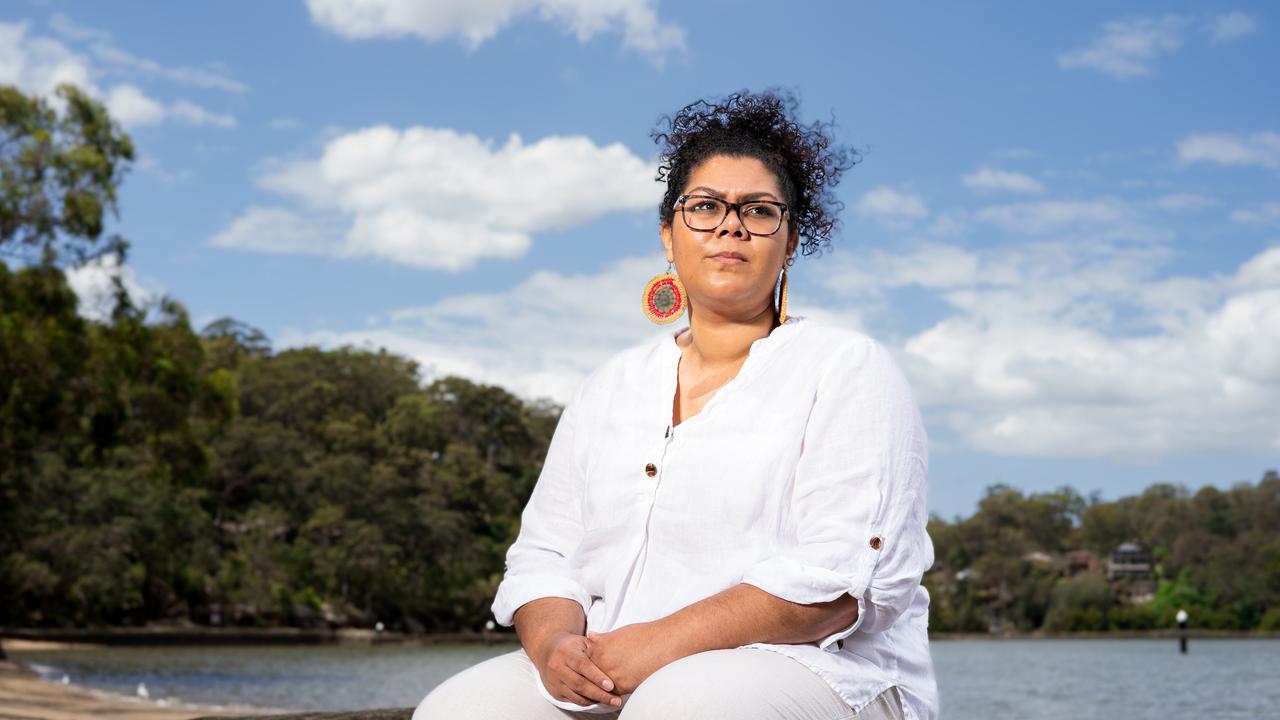
To join the conversation, please log in. Don't have an account? Register
Join the conversation, you are commenting as Logout